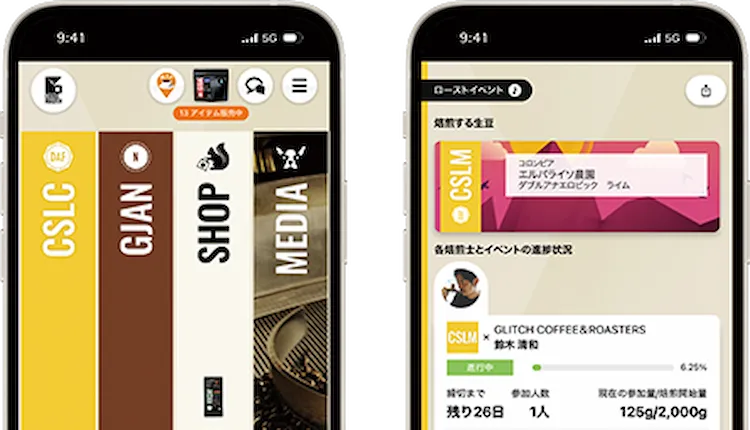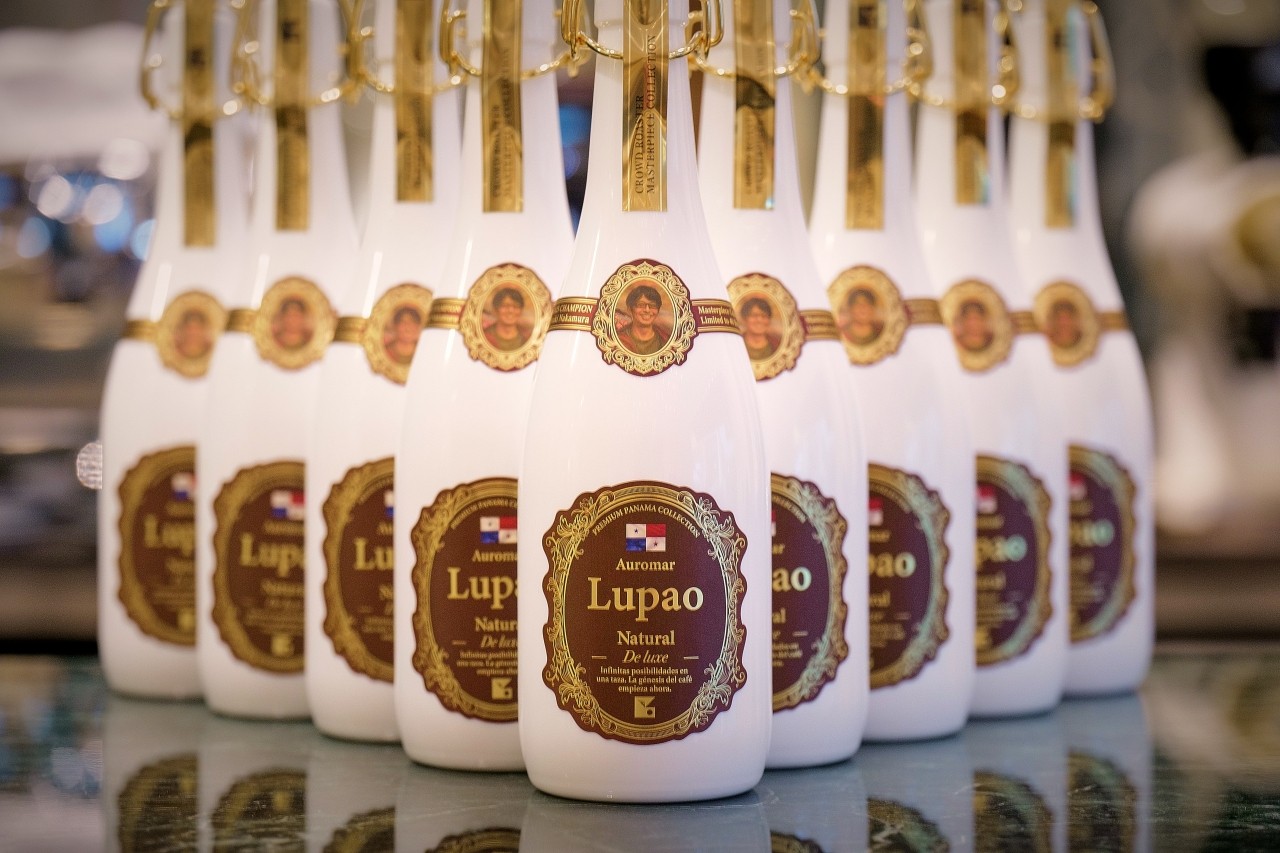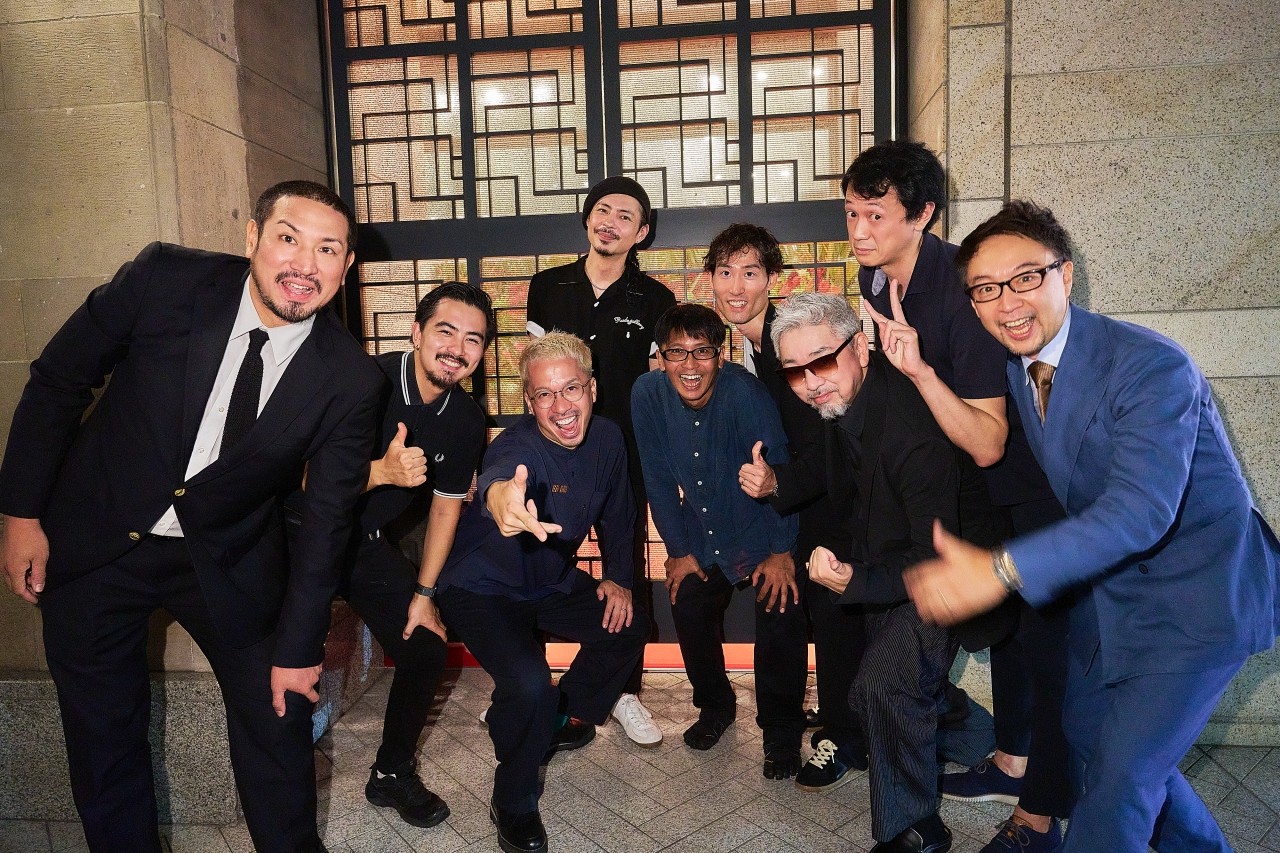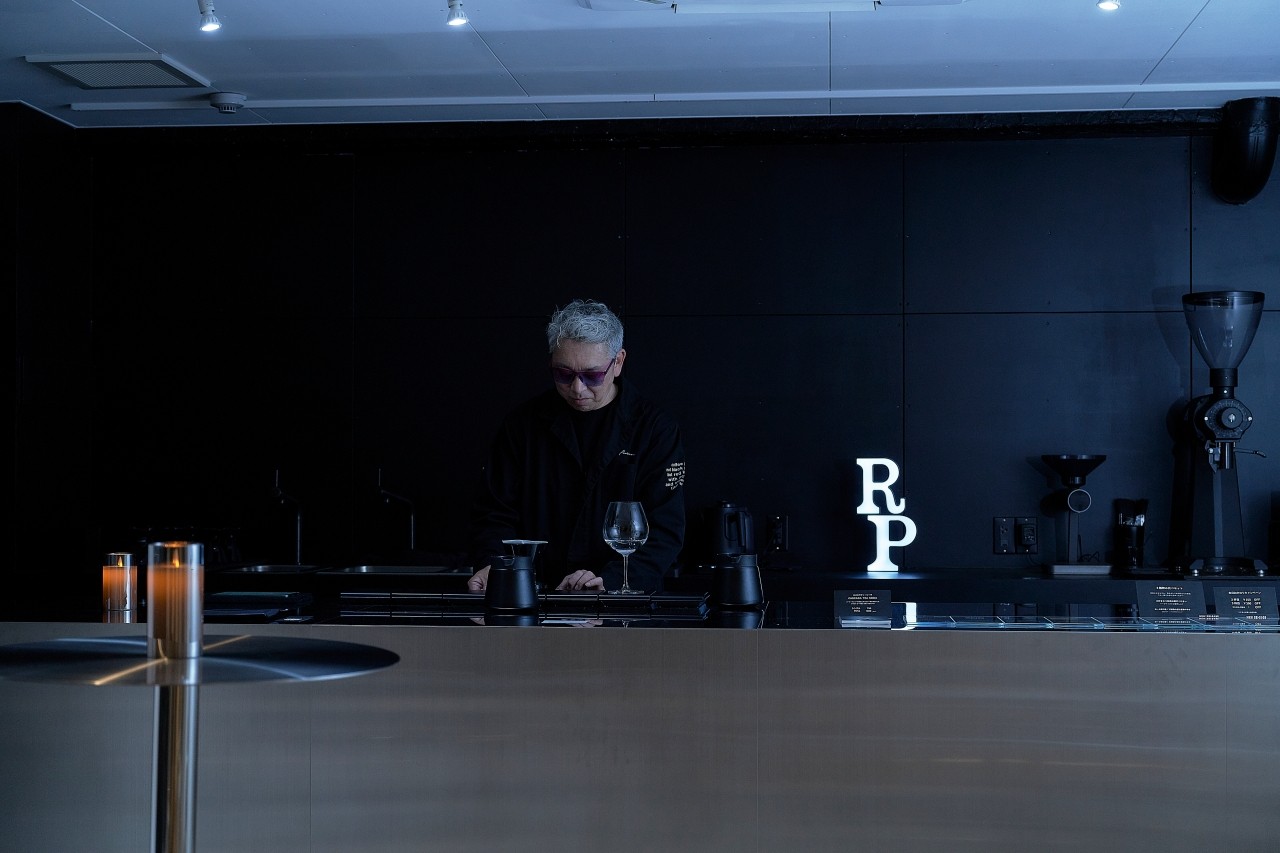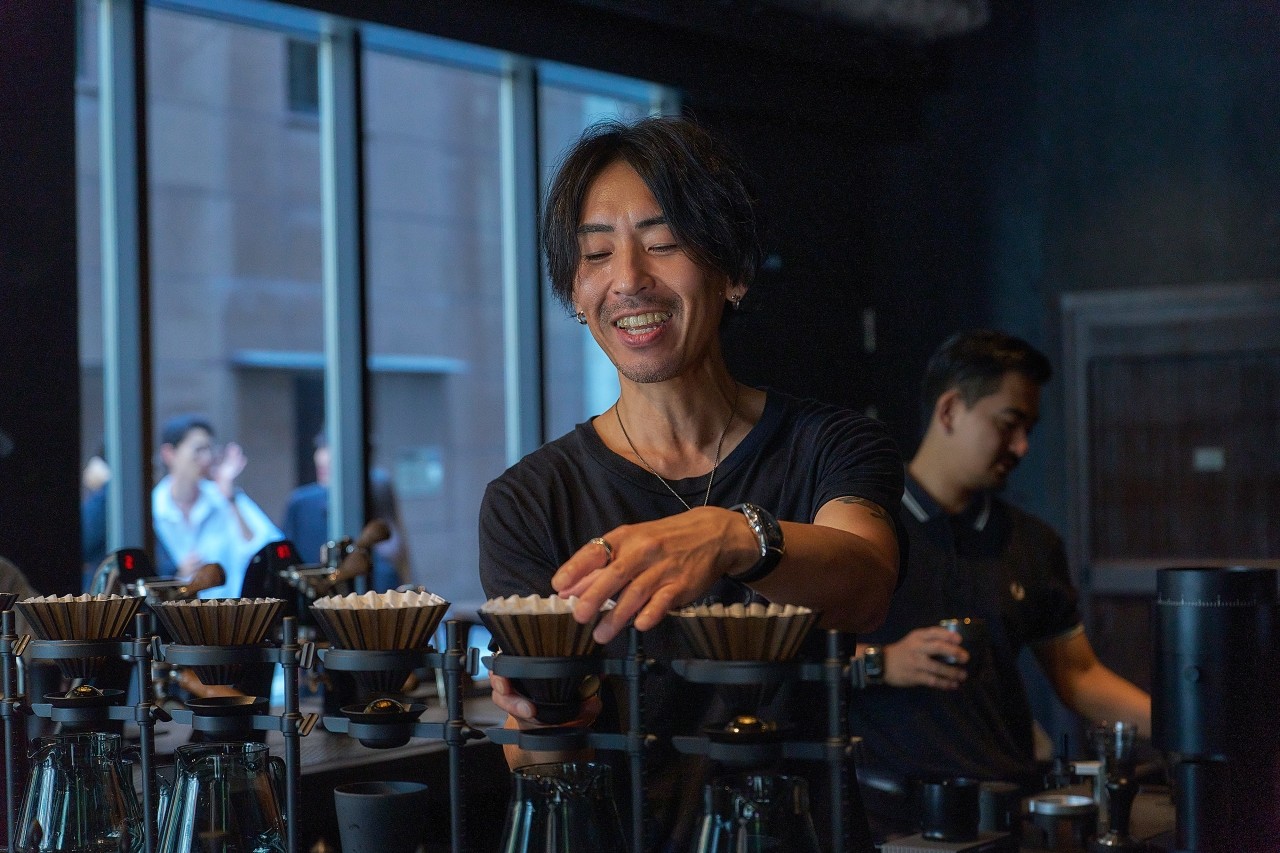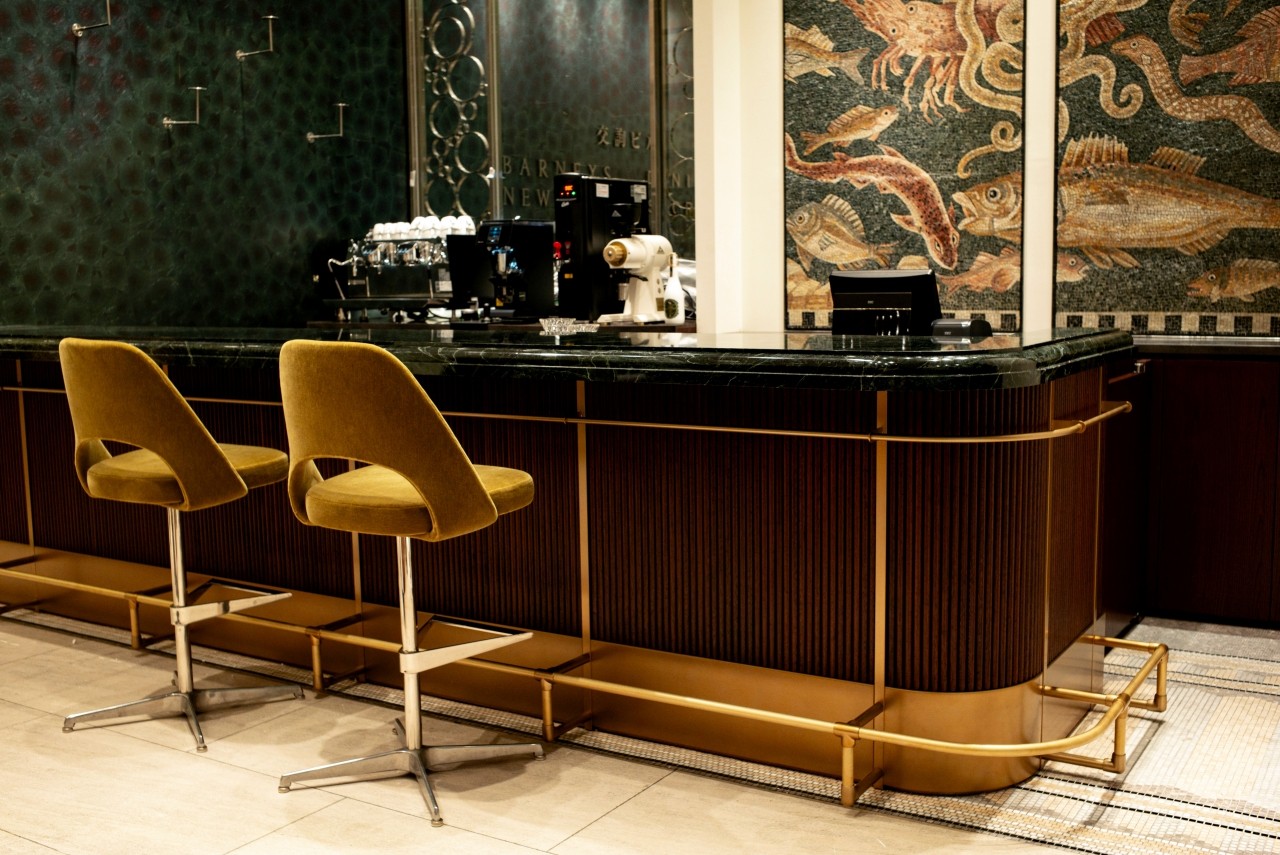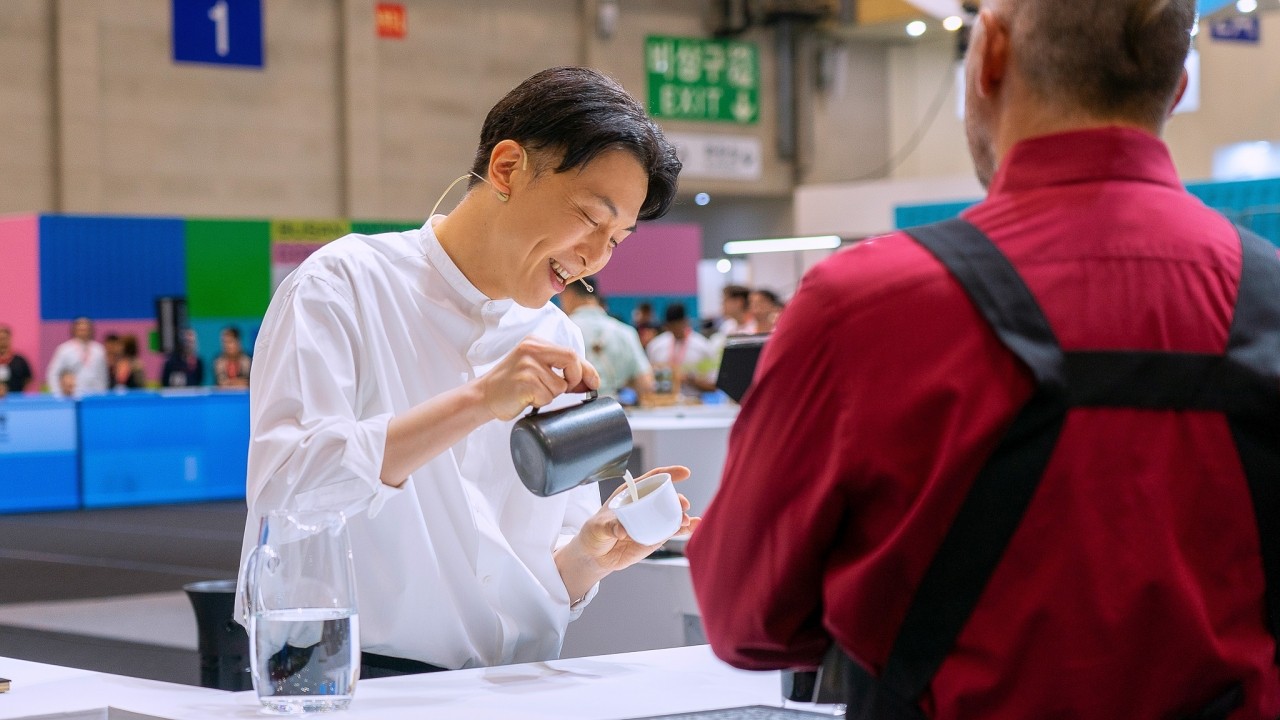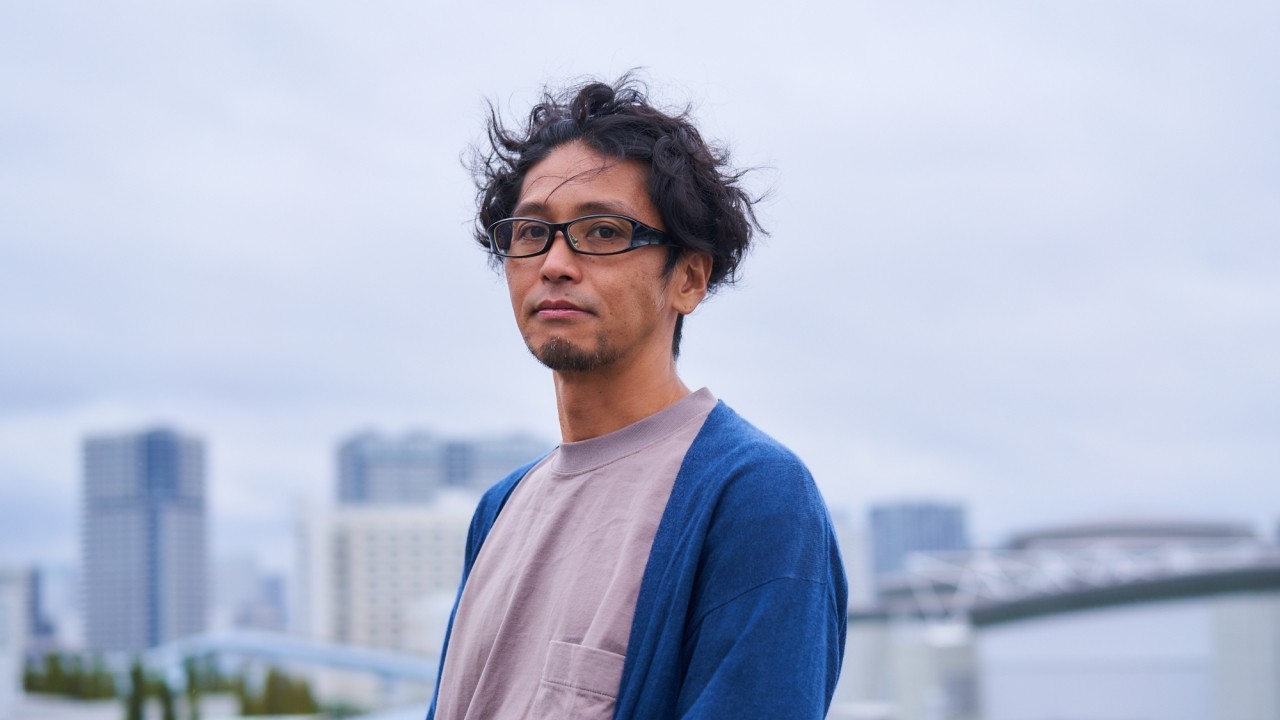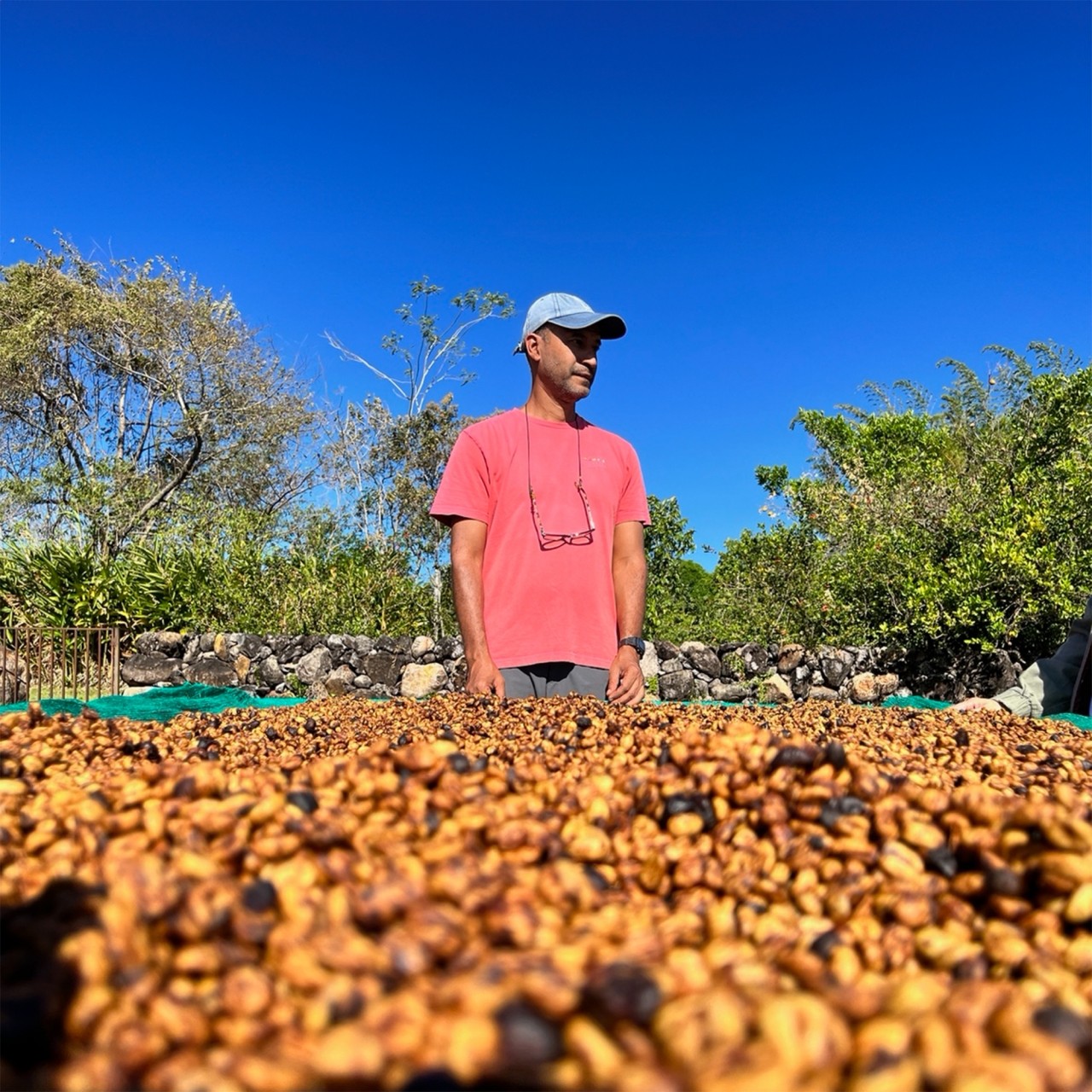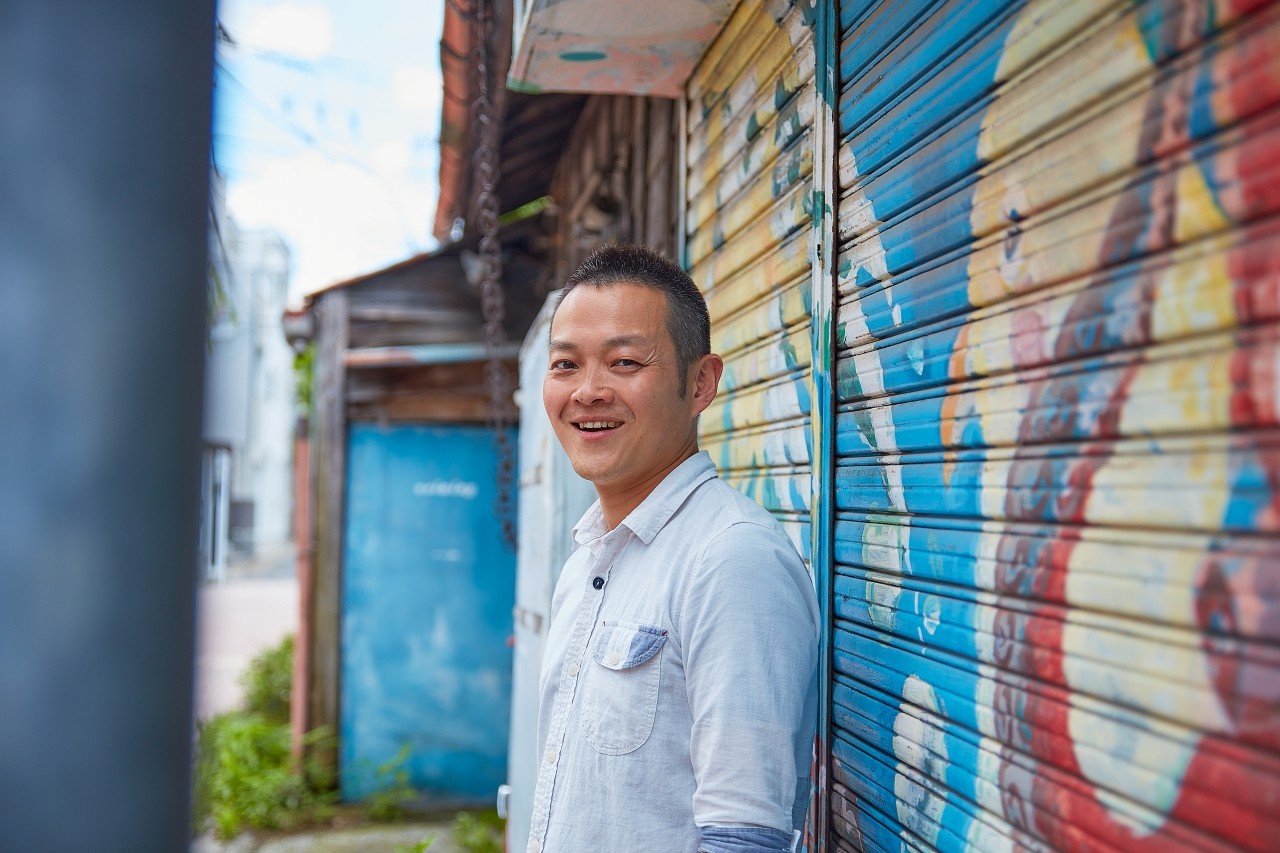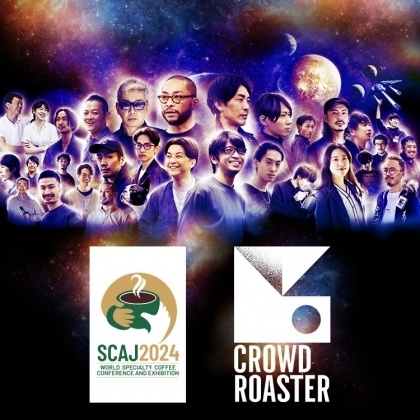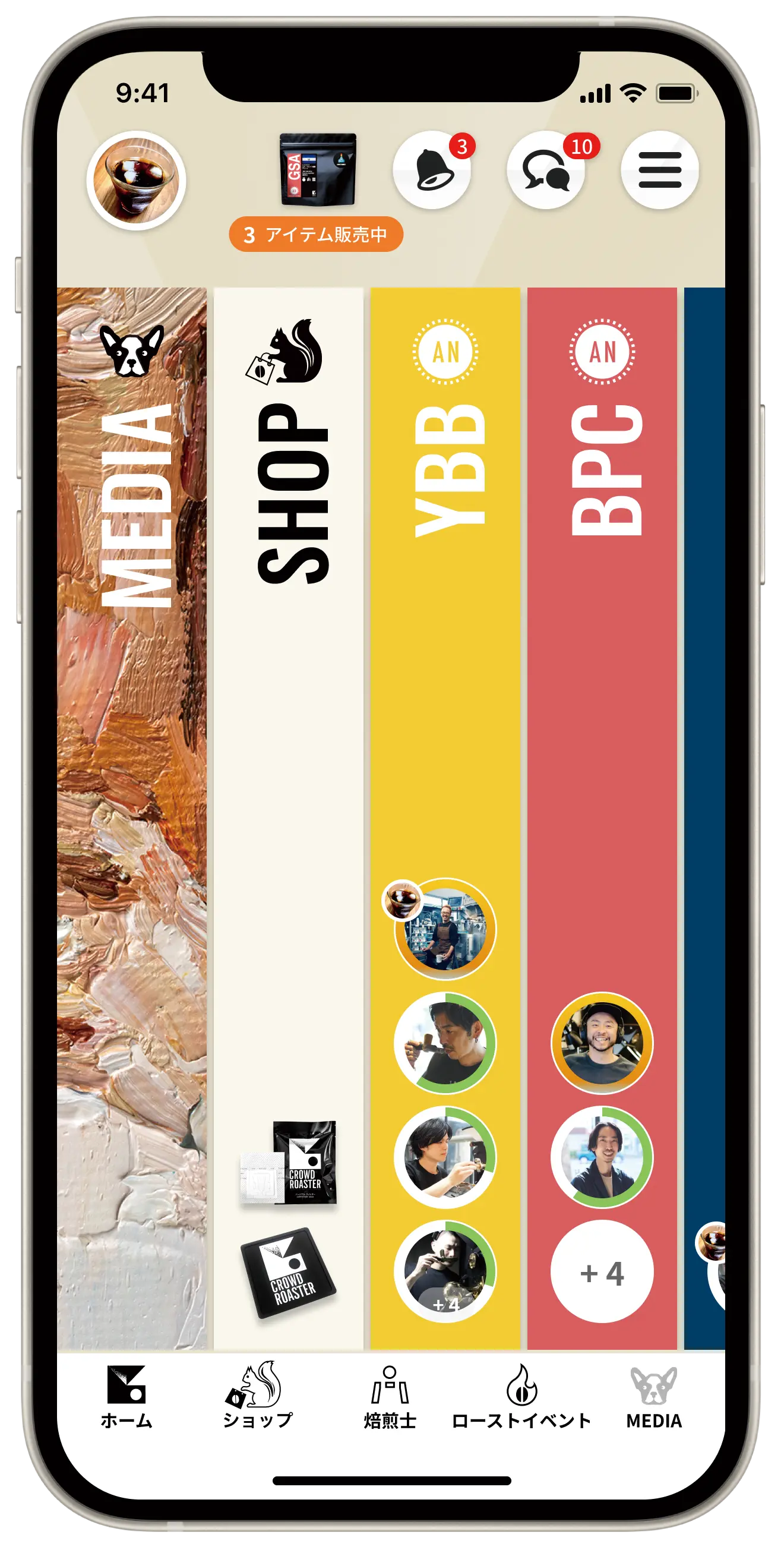Similar but different coffee trends in Korea and Japan - Interview with Cho Young-jun of Prism Coffee Works
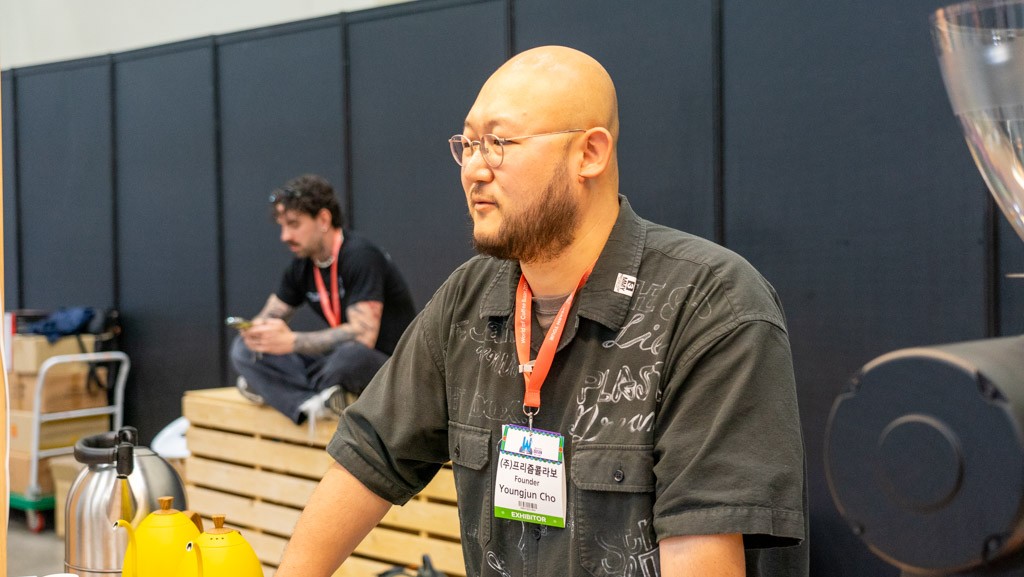
For Japan, Korea is one of the closest foreign countries. Although the food cultures of each country have evolved in quite unique ways, there are many common tastes, and it is possible to enjoy both food cultures without feeling too strange.
However, Korean coffee culture, especially cafe culture, is said to be a relatively new culture that has spread rapidly over the past 20 years. There are a variety of cafes, from those that serve sweet coffee with cream to specialty coffees, but the base is espresso. The standard black coffee is Americano, not drip.
One of the people who is driving the Korean specialty coffee industry and spreading coffee beans from all over the world not only in Korea but throughout Asia is Youngjun Cho of Prism Coffee Works. Prism Coffee Works is not just a coffee shop or roastery, but its main business is coffee seminars. In May 2024, Cho helped organize the international specialty coffee trade fair "World of Coffee 2024 Busan" in Busan, Korea.
He visits Japan frequently and is fluent in Japanese. He is also impressed with CROWD ROASTER 's focus on roasters, and we are deepening our relationship.
This time, we spoke to Cho about the coffee situation in Korea and Asia, the differences between Japan and Korea, and his predictions for future coffee trends, all of which are unique to him.
Turning coffee, which was once an “escape route,” into a job
--First of all, what was your encounter with coffee, and in particular specialty coffee?
Cho: I wasn't originally in the coffee industry, but I worked at an agency doing IT work just like you guys. I did all-around work, from design to back-end and front-end, building government websites and web systems for film festivals.
While doing all that, coffee was my only escape.
Coffee as an escape?
Cho: I'm sure you all understand that. If you just sit in front of a computer all day, it's like you start to lose track of who you are (laughs). Around that time, I started to get interested in coffee as a hobby, and I would hand-drip it during my breaks.
One day, I was thinking, "I don't want to do this job anymore, what should I do next?", so I thought, "Okay, next I'll try to do something I like," and that's how I started coffee. It feels like my hobby has become my job.
──Was your first job in the coffee industry as a barista?
Cho: No, I started a coffee-related startup. There is a roasting monitoring application called "Cropster," and I started a company that offers a similar solution.
However, after launching it and taking it to the Korean Cafe Show, we realized that Cropster itself had launched in Korea at almost the same time, and that it was faster than us, so we stopped using it right away. You can't drag out something that's no good.
After that, I made coffee-related furniture, built a coffee bar, and started an educational business. In a typical coffee workshop, you learn "barista level", but it's not very useful when you actually work. So, when I was at Manabu , I thought "I wish there was something like this", and I also did things like tasting and how to make espresso.
This educational project is still ongoing, and for example, although it may seem obvious now, we were talking about "water" 10 years ago, something that nobody was talking about back then. We have been searching for such essential knowledge about coffee.
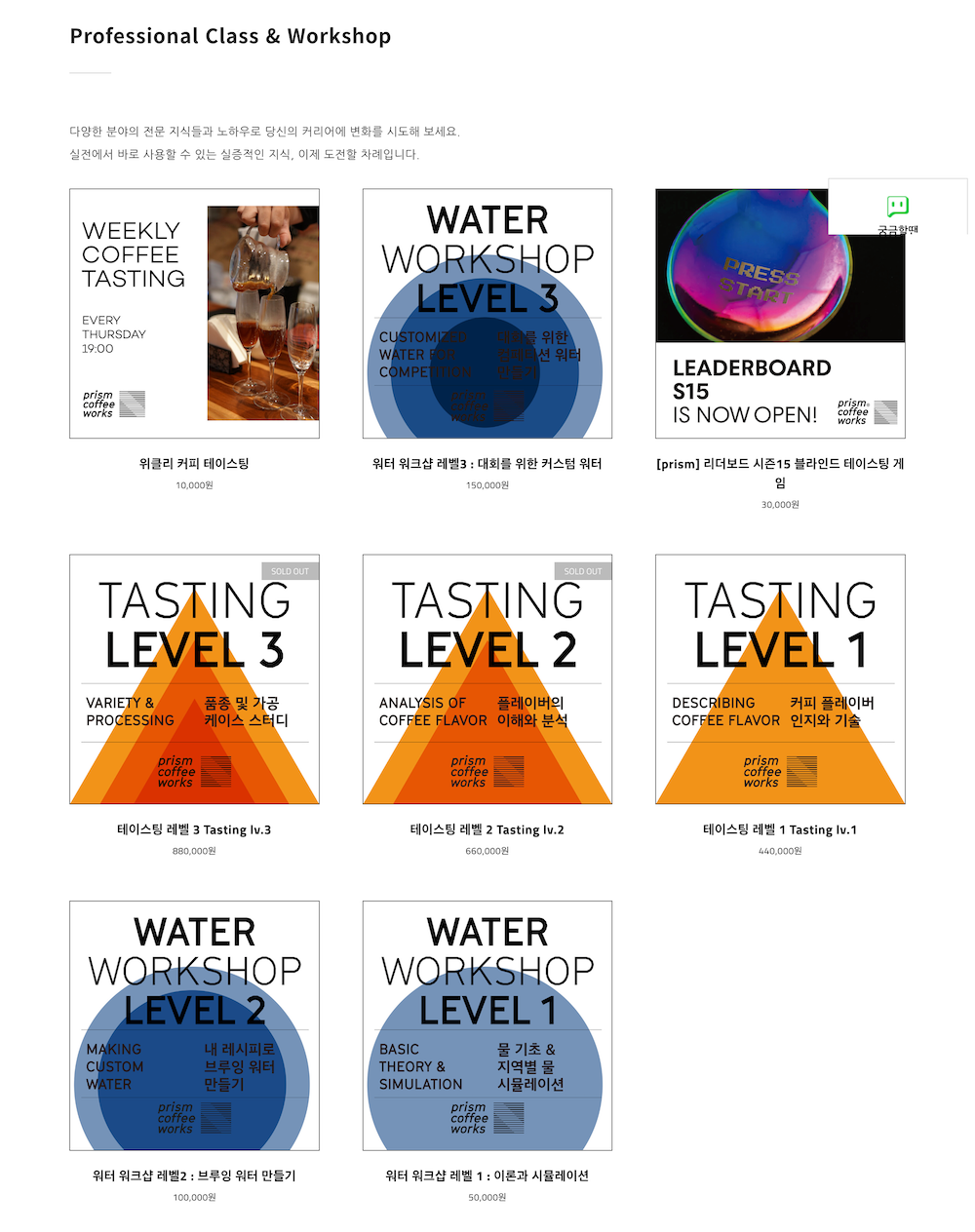
Seminars held at Prism Coffee Works
Also, at that time, we were simply importing espresso machines and other items from overseas, and there was no marketing activity or local interaction whatsoever.
For that reason, we also started working as a marketing agency for the coffee industry, interacting with baristas from Japan and overseas, and holding over 100 seminars in Korea.
Furthermore, if you want to know why this ingredient can produce such a taste, you have no choice but to go to the place of origin. So, I went to production areas such as Colombia, Manabu a selection system, and developed a process together with the people in the production area. I'm curious about why it turns out like this.
--So your current main businesses are coffee imports, coffee-related education, and coffee-related marketing.
Cho: Yes. Currently, we are receiving requests from the farms for promotion and marketing cooperation, and we are providing support there as well.
Korean coffee trends change rapidly and constantly
--From your perspective, what are some of the characteristics of the Korean coffee industry?
Cho: The biggest feature is that the Korean market is dynamic, changes quickly, and is broad in scope.
It's only been about 20 to 30 years since coffee became a part of everyday life in Korea. It's more like entertainment than a part of daily life.
-- Rather than being an everyday drink, it's an extraordinary one.
Cho: Of course, coffee is enjoyed on a daily basis, but specialty coffee is a drink for enjoying something out of the ordinary.
So there is a demand for special coffee, which is why fermented coffee and coffee with interesting flavors are so popular in Korea.
This is similar to wine. There have been many attempts to add oak chips to wine. There have also been many attempts to add fermentation substances to coffee, such as barrel-aged coffee (a method of aging raw beans in whiskey barrels).
However, recently even in Korea, overly fermented products have been discouraged, and clean washed breads are becoming popular again.
Therefore, even if we were to bring the beans that are popular in Japan to Korea, they probably wouldn't sell, and even if we brought the beans that are popular in Korea to Japan, they would probably be said to be "too strong (in terms of fermentation or flavor)."
These people are what we call the "maniacs" group in Korea. Home cafes and home baristas are also quite popular, and some people even have La Marzocco (espresso machines) in their homes.
--That's pretty nerdy.
Cho: I think one of the characteristics of Koreans is that once they focus on one thing, they get hooked right away. And there aren't many people who quit halfway through. Everyone has the same desire to drink delicious coffee. So it's a bit difficult to get both quality and entertainment. The market is also dynamic.
--How many specialty coffee roasteries are there actually?
Cho: Japan's population is about 2.5 times that of South Korea, but there are only about 8,000 shops in Japan, whereas South Korea has over 10,000 roasteries that roast their own coffee. If you include coffee shops and specialty coffee shops, the total number is about 100,000.
--You said earlier that the history of coffee in Korea is about 30 years old, so that means it has expanded at an incredible pace.
Cho: That's the country called South Korea. If you think about Hyundai (an automobile manufacturer) or Samsung (a manufacturer of mobile phones, etc.), you can understand that their speed of development is extraordinary.
──About 30 years ago was when Starbucks entered the market.
Cho: That's right. Starbucks first opened in Korea around 1998. From then on, the market for "slightly better coffee" that grinds the beans and brews the coffee for you started to open up. Before that, there were hardly any coffee specialty stores that grind the beans and brew the coffee for you.
Differences in the taste of coffee between Japan and Korea
--Mr. Cho, you work with Japanese roasters and baristas. Are there any differences you've noticed between Japanese and Korean coffee?
Cho: Taste and taste preferences are different. When Korean people drink coffee in Japan, they all find it a bit "tea-like."
--Tea, please?
Cho: Many Japanese coffee shops use dark roasts, but specialty coffee roasters really like light roasts. Koreans perceive this as "tea-like."
Surprisingly, there are more dark roasts in Korea than in Japan. The roasting styles and the standards for choosing beans are quite different, which is interesting.
Moreover, beans that were popular in Korea two years ago are now popular in Japan. Fermented foods became popular a little earlier in Korea.
--Do you ever dark roast fermented beans?
Cho: Roasters are trying all sorts of things in that area. Light roasting is a trend that ended in Korea five years ago, but that's why we can now enjoy a variety of roasts.
Rather, we're experimenting with different roast levels, such as wondering, "What if we roast these beans a little more, instead of the lightest roast we used to?"
--When a trend ends, it means it takes root, which means we can now drink a wide range of coffees.
Cho: There's a wide range. What's more, there are surprisingly many foreign coffee beans, and there are quite a few stores that import and sell beans from places like New Zealand and the Netherlands. So I think there's a wide range to enjoy even just within Korea.
--It's true that there aren't many shops like that in Japan. For example, do people drink espresso even if the coffee is highly fermented?
Cho: Korean coffee is basically espresso-based, with diluted Americana coffee being the norm. Only espresso enthusiasts drink it as is.
A few years ago, business models like the Italian espresso bar were quite popular. For about 200 yen a cup, you could drink it quickly and leave, like the "one euro espresso" in Italy.
So there is no set standard in Korea, and it's hard to keep up with the trends in coffee shops and coffee.
--It seems like there are many things Japan can learn from the coffee situation in Korea.
Cho: Yes. I think it's best to choose a middle ground between Korea and Japan. Korean trends change too quickly.
The coffee situation in China and Taiwan
--Mr. Cho, you're also very knowledgeable about the coffee scene in East Asia, including China and Taiwan. What about those countries?
Cho: China is interesting. If Japan wants a clean sweetness, Korea wants a clean sweetness and interesting flavor, but China wants a flavor that can't be felt in tea.
In China, tea is an integral part of life and they can experience almost every flavor through tea alone, so they expect flavors from coffee that they could never get from tea.
That's why it includes a variety of strange-tasting coffees, such as Ninety Plus (a company that produces cutting-edge coffee in Panama and Ethiopia) and highly fermented coffee.
--I see.
Cho: The Taiwanese market is even more interesting. Taiwan was colonized by Japan, and like Korea, it has been heavily influenced by Japan. You can think of Taiwan as Japan 10 years ago.
However, the coffee they use is of very high quality, so it gives the impression of a mix of Chinese coffee taste and Japanese coffee culture. There are still shops that use siphons, but they use a lot of expensive beans such as Geisha .
──I've tried Geisha from Taiwan before and it was delicious.
Cho: That's surprising. Taiwan is already capable of producing its own coffee and importing high-quality beans, so it's a market with great potential for future growth. In Southeast Asia, Taiwan and Thailand are the trend leaders.
──There are many famous baristas in Thailand as well.
Cho: The baristas in Thailand are really high quality. It's not just Asian quality anymore. Maybe because it's a hot country, they make cocktail-like coffee all the time, which is a bit surprising. They're good at making better tasting coffee than in Japan.
The level of creativity is different. They have more freedom than Korea or Japan. Manabu should try anything Manabu can.
--Mr. Cho, you are also expanding your coffee business throughout Asia, aren't you?
Cho: That's right. I want to connect the coffee cultures of Asia, not just Korea or Japan.
Among them, I think the attitude of Japanese baristas is something that really Manabu . Although each person has different skills, Shin to their work and how they serve customers are things that other countries have yet to catch up with.
-- It was good to have a segment where you could Manabu from Japan.
Cho: If each region doesn't interact with each other, they'll just focus on their own skills and there won't be any development. Coffee already knows no borders, so I think it's going to become even more essential in the future.
CROWD ROASTER becomes the hub for coffee culture exchange
──Finally, please tell us frankly about CROWD ROASTER 's services.
Cho: I believe that a platform like CROWD ROASTER is exactly what can support borderless global exchange.
Coffee can't be sold online; it has to be drunk in person, so words alone or a screen alone aren't very persuasive.
When I launched a service in the IT business, I didn't know the reaction until about 2 to 6 months later. But with coffee, the expression on people's faces changes the moment they drink it. That's what was attractive about it.
The same goes for chefs, baristas, and roasters. Words are not necessary; you can tell by drinking it. Even if you have fame, you can't embellish the taste.
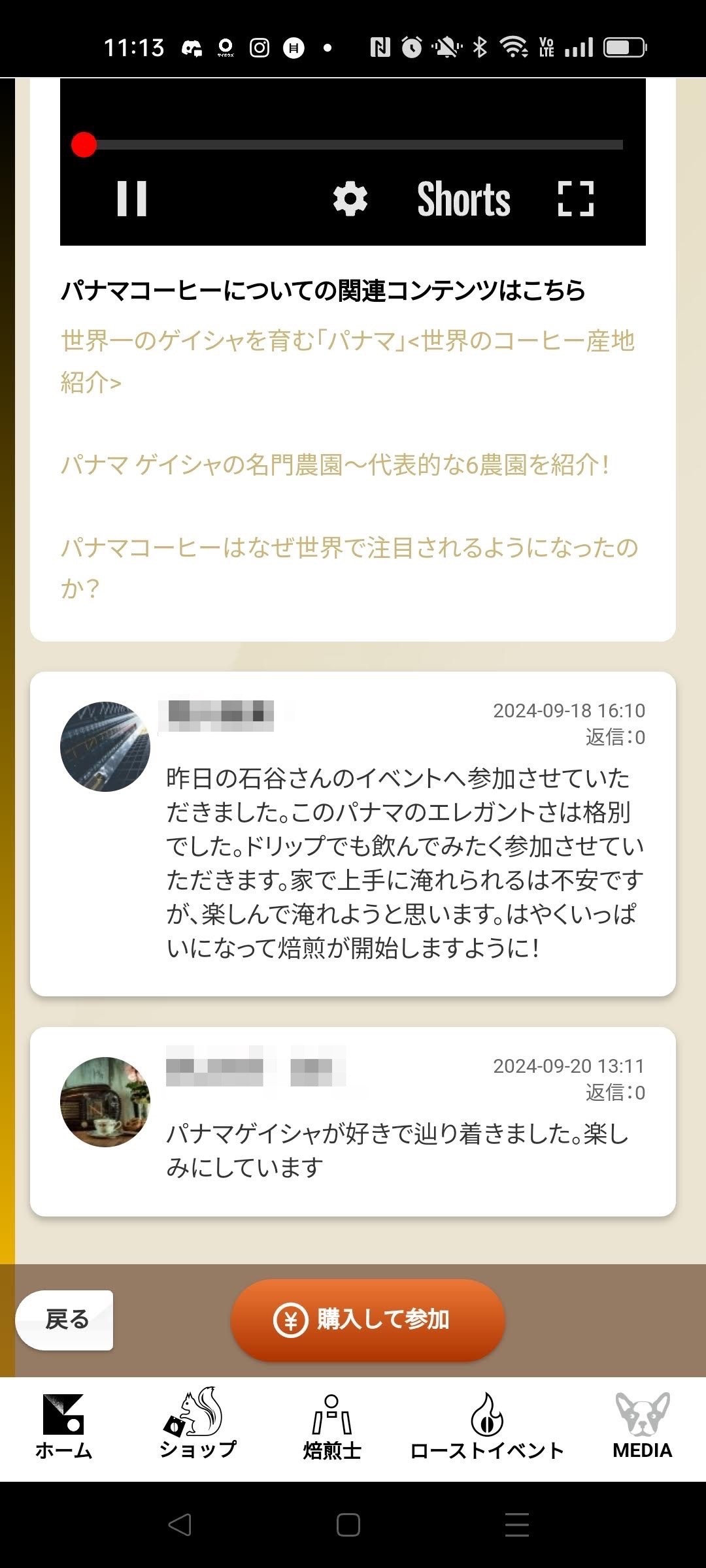
CROWD ROASTER allows users to send their requests and feedback directly to roasters.
--If we can connect roasters and beans across borders through an app, the world will be connected.
Cho: Even though countries and cultures are different, everyone can say whether something is delicious or not. Both the roaster and the coffee are completely exposed, and then they can be evaluated.
The interesting thing about the coffee industry is that while competitors generally don't reveal their secret recipes, everyone involved in coffee is open about it, like, "This is what we do at home," or "This is what we do on rainy days."
Moreover, if there is something about the beans that you are concerned about, you can send a direct message to the farm and receive a reply. It will come from a Colombian or Panamanian, and they will respond very kindly. There is no other business like this anywhere else.
I want to create a coffee community in Asia.
──Every country has its own unique coffee culture, but it would be great if we could all connect and promote it together. CROWD ROASTER would like to contribute.
Cho: That's what I hope. There aren't many coffee communities in Asia. Western baristas can gather across countries for parties, but that's not so common in Asia.
So it would be nice to have an event or platform that could connect Asian baristas and roasters. It might be a good idea to create an Asia-only competition. It would be good to evaluate them based on sales.
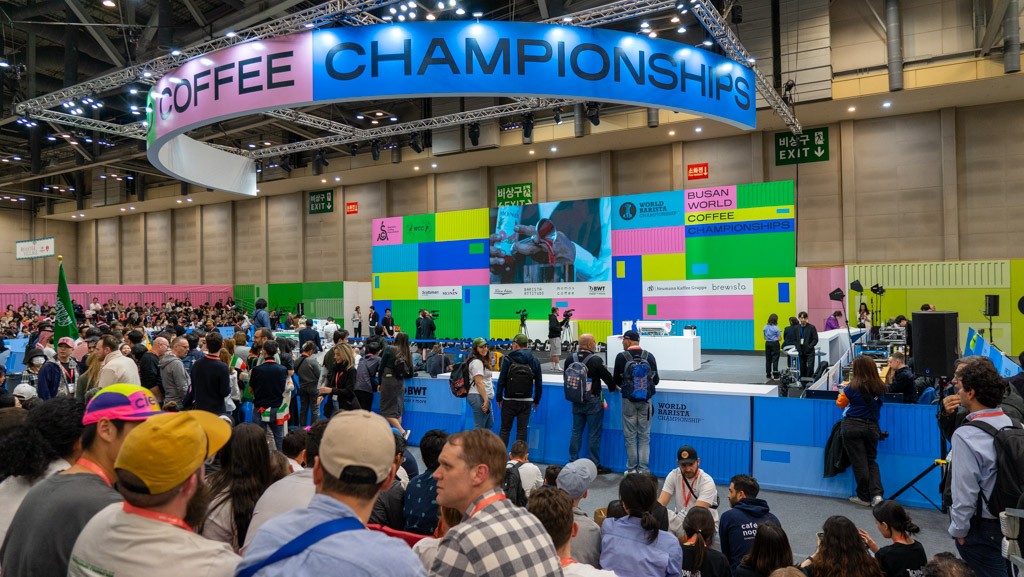
Cho was also instrumental in organizing the World Barista Championship in Busan, a global competition for barista skills.
--The Free Pour Latte Art Grand Prix is held every year in Tokyo, and there were many people from Asia in attendance, making it a very lively event.
Cho: If we get together, we can do it. However, we don't have a chance to get together. For example, we could do an online talk show on Discode (a chat service specialized for games). Everyone has a little story, so I would like to spread it, and I think we will be able to Manabu more and more from everyone in Japan.
── Thank you very much.
The coffee culture has been cultivated in Korea, a country that loves new things, while Japan's coffee culture has evolved in its own way from dark roast coffee shops. Each culture has its own unique characteristics, and coffee is a popular drink around the world.
Now that world-class baristas and roasters are coming out of Korea and Japan, the day when Cho's dream of spreading from Asia to the world comes true is probably not far off.
As a company that connects roasters with customers and provides raw beans from around the world, one of CROWD ROASTER goals is to expand globally. Working with Cho, who is active in Asia, we hope to spread Japan's unique coffee culture to Asia and the world.
Now, at the specialty coffee exhibition "SCAJ2024" to be held at Tokyo Big Sight from October 9th to 11th, 2024, we will be welcoming Cho to CROWD ROASTER booth for a talk show where we will delve deeper into this article!
This is a valuable opportunity to learn about the coffee situation in Korea and Asia.
Please come visit CROWD ROASTER booth!
SCAJ2024 Cho Young Jun Special Talk Event
Thursday, October 10th 13:30-14:00 CROWD ROASTER Booth [How do coffee trends differ between Korea and Japan?]
Prism Coffee Works
If you want to enjoy coffee more deeply
" CROWD ROASTER APP"
Manabu at CROWD ROASTER LOUNGE
・Push notifications for article updates・Full of original articles exclusive to CROWD ROASTER
・Direct links to detailed information about green beans and roasters
App-only features
- Choose green beans and roasters to create and participate in roasting events・CROWD ROASTER SHOP: Everything from beans to equipment is readily available
・GPS-linked coffee map function
